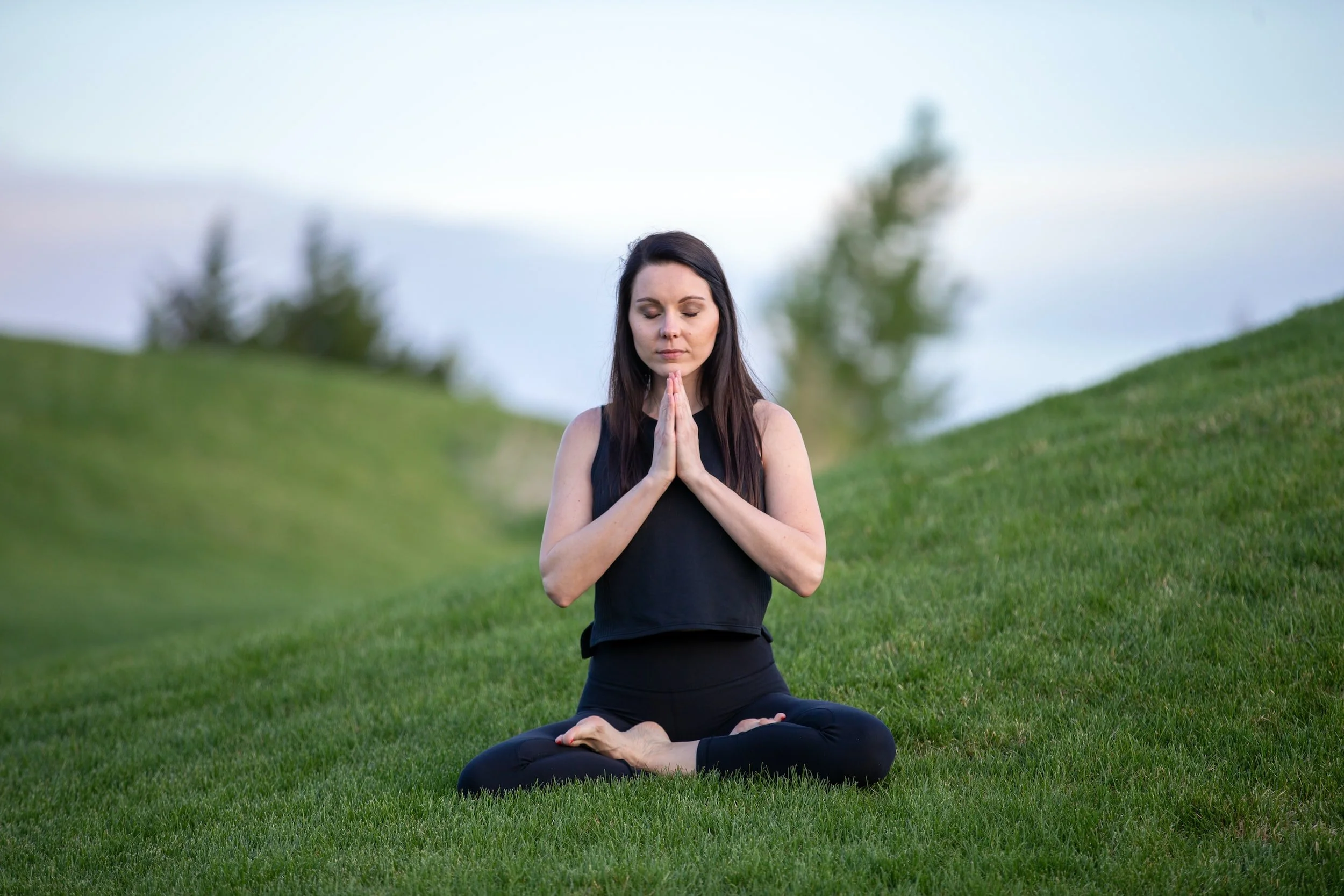Meditation: You must know these facts and myths first
Meditation has been gaining popularity in recent years as people search for ways to reduce stress, increase mindfulness, and improve overall well-being. However, as with any popular trend, there are a lot of myths and misconceptions surrounding meditation. In this article, we will explore five facts and five myths about meditation that you should know before trying it.
Facts
Fact #1: Meditation has been scientifically proven to reduce stress and anxiety. Research studies have shown that meditation can be an effective way to reduce stress and anxiety. A study published in the Journal of the American Medical Association found that mindfulness meditation can be as effective as antidepressant medication in reducing symptoms of anxiety and depression.
Fact #2: There are many different types of meditation. Contrary to popular belief, there is no one-size-fits-all approach to meditation. There are many different types of meditation, including:
Mindfulness meditation
Loving-kindness meditation
Transcendental meditation
Each type of meditation has its own unique benefits and techniques, so it's important to find the type of meditation that works best for you.
Fact #3: Meditation can improve your focus and concentration. Meditation has been shown to improve focus and concentration. A study published in the journal Frontiers in Human Neuroscience found that just four days of meditation can lead to improved attention and concentration.
Fact #4: Meditation can improve your physical health. In addition to improving mental health, meditation has also been shown to have a positive impact on physical health. Studies have found that meditation can reduce blood pressure, improve immune function, and even reduce inflammation in the body.
Fact #5: Meditation does not require a lot of time or money. Contrary to popular belief, you do not need to spend a lot of time or money to start meditating. Even just a few minutes of meditation each day can have a significant impact on your mental and physical health. There are also many free or low-cost resources available to help you get started with meditation.
Myths
Myth #1: Meditation is a religious practice. While meditation is often associated with Eastern spiritual practices, it does not have to be a religious practice. Meditation can be practiced by people of all religions, as well as those who do not practice any religion.
Myth #2: You have to clear your mind completely to meditate. One common misconception about meditation is that you have to completely clear your mind of all thoughts in order to meditate. However, this is not the case. The goal of meditation is not to stop thinking altogether, but rather to observe your thoughts without judgment and bring your focus back to your breath or another point of focus.
Myth #3: Meditation is easy and relaxing. While meditation can be a relaxing and calming practice, it is not always easy. It can be challenging to sit still and focus your mind, especially for beginners. However, with practice, meditation can become easier and more natural.
Myth #4: Meditation is only for "spiritual" people. Meditation is often associated with spiritual or "new age" practices, but it can be beneficial for people of all backgrounds and belief systems. Meditation is a secular practice that can be used to improve mental and physical health, regardless of your beliefs or values.
Myth #5: Meditation is a cure-all for all problems. While meditation can have many benefits, it is not a cure-all for all problems. It is important to seek professional help if you are struggling with serious mental health issues. Meditation can be a helpful tool in managing stress and improving overall well-being, but it should be used in conjunction with other forms of treatment if necessary.
Conclusion
In conclusion, meditation is a powerful tool for improving mental and physical health, but it is important to have a clear understanding of what it is and what it is not. By separating fact from myth, we can truly understand and use this powerful mindfulness tool for our mental health and wellbeing.


